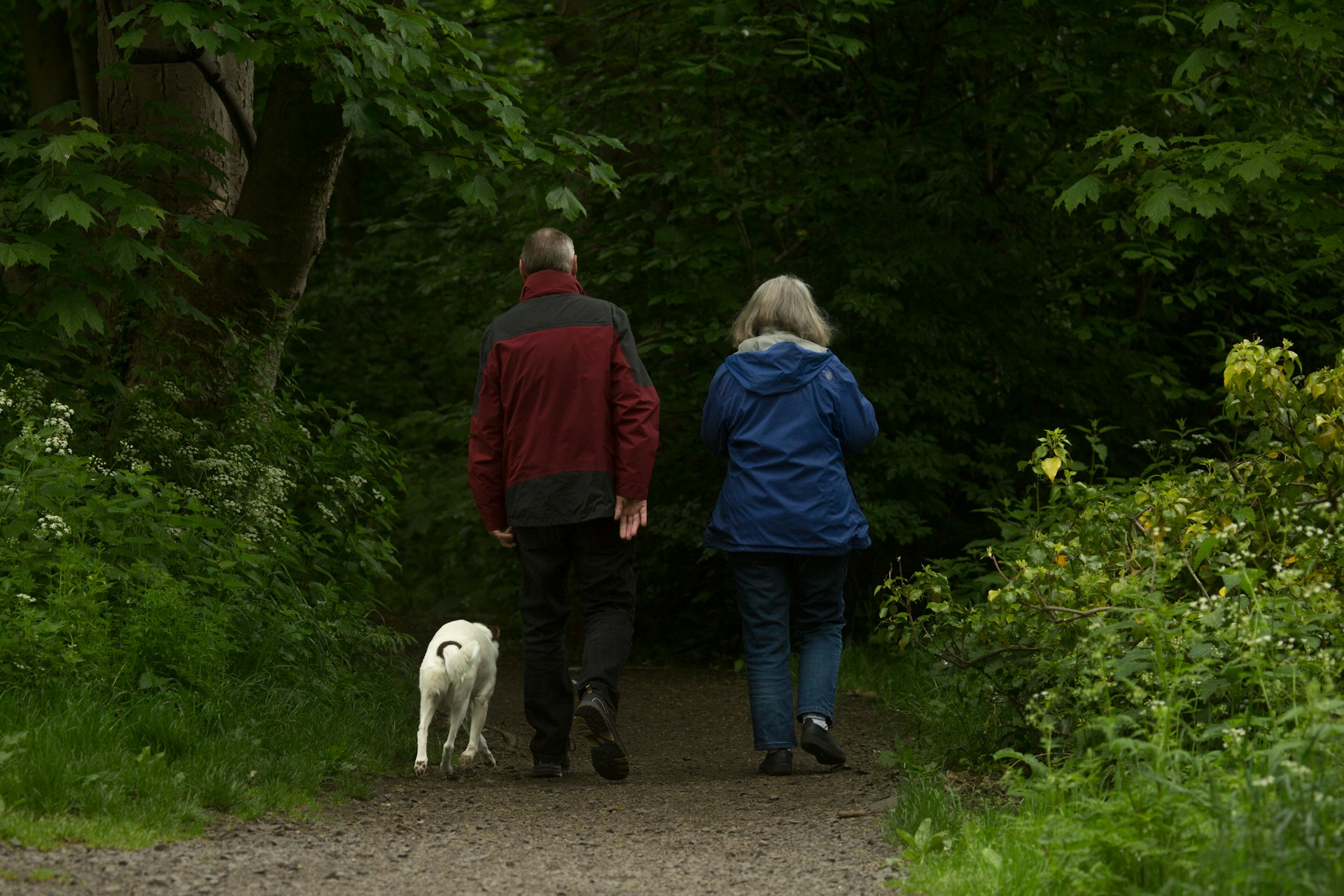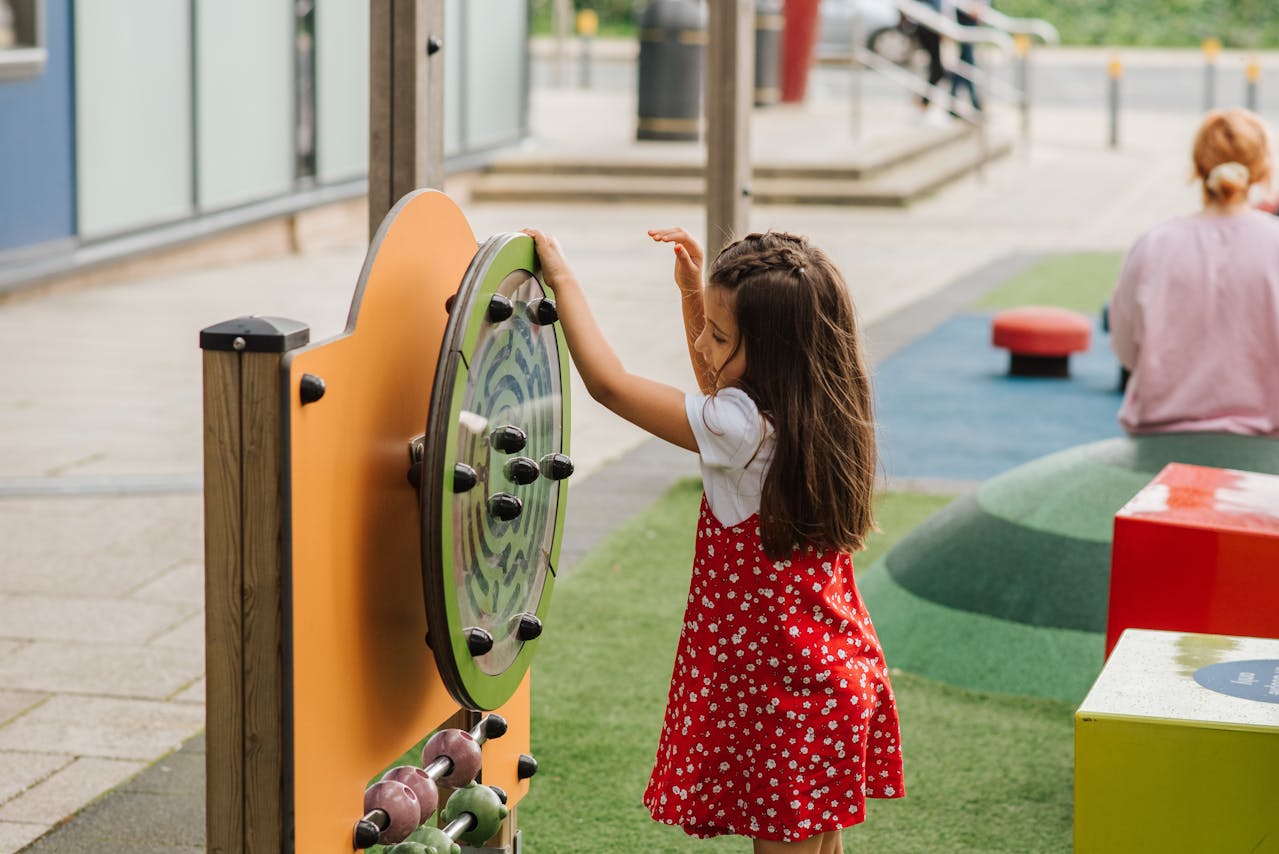Latest News
- Secure Data Storage – A Comprehensive Guide
- Top 5 Interior Designers in Wakad for Stunning Home Makeovers
- Churches by Denomination in US States
- Grain Elevators in the US Cities and States
- Strategies for Reducing Housing Costs in Retirement
- The Rise of Renewable Energy Production and the Importance of Expanding Energy Infrastructure
- Visionary Leader: Exploring the Life of Boris Usherovich
- Mowing Matters: Unraveling the Secrets Behind a Gorgeous, Well-Kept Lawn
- What Is the Role of ABA Therapy in Nurturing Developmental Milestones?
- Finding the Right HTML Developer: Skills, Portfolio, and Fit







